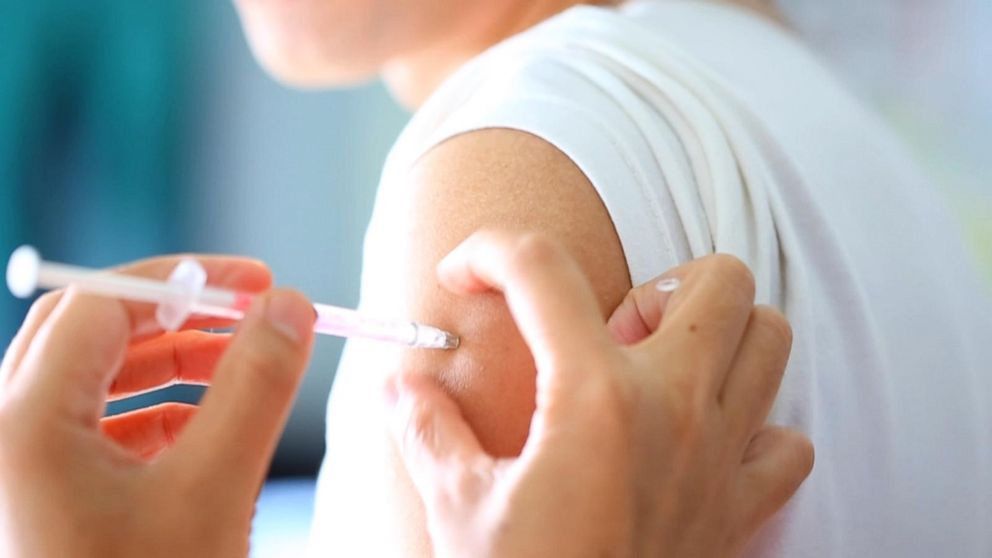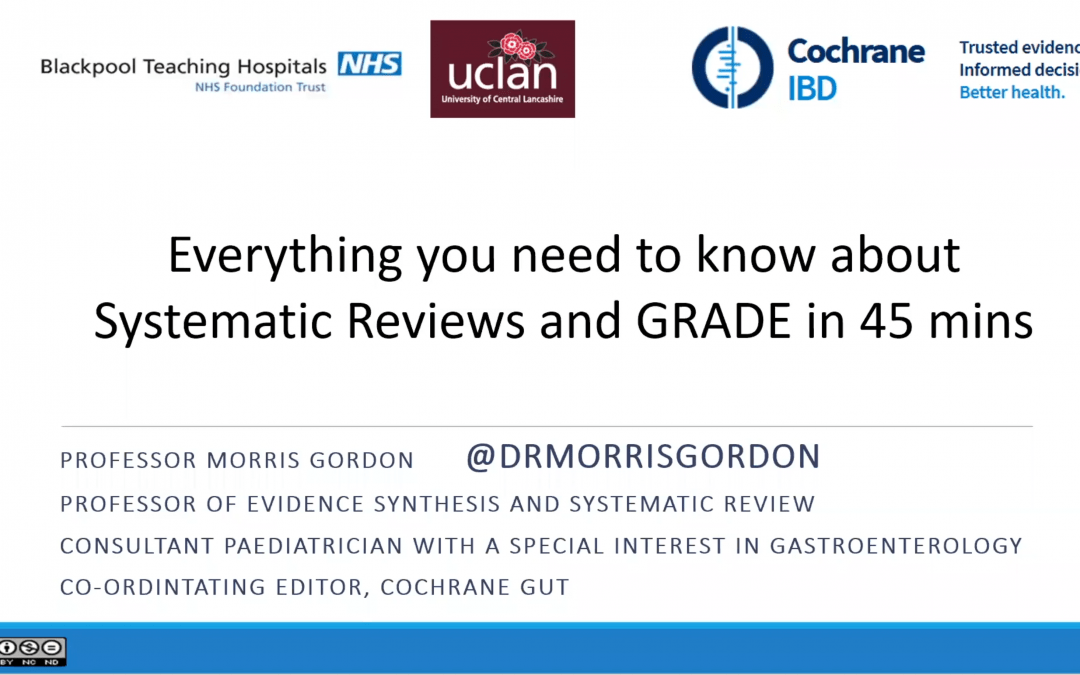
by BSPGHAN | Jan 20, 2021 | News
Dear members
Children who are CEV & vaccination advice
Following our involvement in the development of the College’s advice on children and young people who are clinically extremely vulnerable, I would like to highlight the College’s recent statement on the COVID-19 vaccination programme.
As you will be aware, the Joint Committee on Vaccination and Immunisation (JCVI) has advised that those who are clinically extremely vulnerable (CEV) and aged 16+ should be vaccinated as part of priority group 4, alongside those aged 70-74. JCVI’s advice is available here. The College supports JCVI’s approach on vaccine prioritisation, and we’d encourage you to follow that. It is essential that the programme is guided by evidence and we expect to see more safety and efficacy data gathered in the next few months that will inform vaccination strategies for groups not covered by this first phase (such as children and young people under 16 who are CEV).
The RCPCH also wanted to flag with you that it has recently come to our attention that, following the introduction of lockdown in England on 4 Jan, all those who are CEV and on the NHS Digital shielded patient list in England (adults, children and young people) have been sent a letter from the DHSC advising them to shield. This letter also refers to the vaccination programme but does not make it clear that those aged under 16 are not in the priority groups in the first phase. Contrary to what is said in the letter, it is not expected that children and young people under 16 who are CEV will be invited for vaccination by mid-February 2021. The RCPCH have raised this unfortunate miscommunication issue with DHSC and NHS England and asked them to look into it.
Sue
BSPGHAN President

by BSPGHAN | Jan 18, 2021 | News
BSPGHAN Council are delighted to announce that we have consolidated an affiliation with Frontline Gastroenterology. FG is an official publication of the British Society of Gastroenterology and is a companion journal to Gut and BMJ Open Gastroenterology. Frontline Gastroenterology publishes articles that accelerate adoption of innovative and best practice in the fields of gastroenterology, hepatology and clinical nutrition. Frontline Gastroenterology is especially interested in articles on multidisciplinary research and care, focusing on both retrospective assessments of novel models of care as well as putative future directions of best practice. The journal also publishes articles in the domains of clinical quality, patient experience, service provision and medical education.
This arrangement offers an exciting opportunity for BSPGHAN members to receive Free access to the online publication as a benefit of membership.
Access is via the secure member area on the BSPGHAN website- after logging in, click on the Frontline Gastroenterology link to access the journal. If you have any problems accessing this, please email us at webmaster@bspghan.org.uk.

by BSPGHAN | Jan 5, 2021 | News
Dear members,
Please accept our very best wishes for 2021 to you all from all on BSPGHAN council.
As we enter the third national lockdown, with surges of cases of the new variant of Covid19 and rates of transmission high nationally, government has issued guidance on shielding for adults. https://www.gov.uk/government/publications/guidance-on-shielding-and-protecting-extremely-vulnerable-persons-from-covid-19/guidance-on-shielding-and-protecting-extremely-vulnerable-persons-from-covid-19
Importantly, since the first wave, our knowledge of COVID-19 has grown. We now know that very few children and young people are at highest risk of severe illness due to the virus. This means that the National Guidance for children and young people issued December 21 is current at the time of writing and I hope that it is useful for you to review it here- https://www.rcpch.ac.uk/resources/covid-19-guidance-clinically-extremely-vulnerable-children-young-people
The RCPCH guidance sets out that the evidence gathered since the start of the pandemic indicates that the risk of severe disease caused by SARS-CoV-2 or Covid19 infection in children is extremely low and although no one group of conditions has been identified as being at particular risk, specialists have identified those conditions which may make the child or young person CEV as set out in group A list (see the list on the link).
Group A
These children are usually CEV under normal (non-pandemic) circumstances, and at risk of severe disease due to a variety of infections which would result in mild disease in the majority of the population.
Group B
Lists conditions that require discussion between the clinician and the child and their family/carer to establish whether they are clinically extremely vulnerable (CEV) on a case by case basis. This decision will depend on the severity of the condition and knowledge that the secondary and tertiary care clinical teams have of the particular circumstances of the child. Of note, the majority of children with conditions listed in Group B will not be CEV.
Group B Paediatric gastroenterology, hepatology and nutrition
Paediatric inflammatory bowel disease (IBD) patients who meet one or more of the following criteria:
- Commencement of biologic therapy plus immunomodulatory or systemic steroids within previous six weeks
- Moderate to severely active disease not controlled by moderate risk treatments who may require an increase in treatment
Intestinal failure patients requiring Home Parenteral Nutrition (HPN) who meet one or more of the following criteria:
- Primary immunodeficiency or immunodeficiency induced by drugs as part of their therapy.
- Other significant conditions or other organ involvement (renal, haematology, cardiac, GI, respiratory, diabetes mellitus)
Liver disease who meet one of more of the following criteria:
- Decompensated liver disease
Receiving post-transplant immunosuppression or on Liver/small bowel/multivisceral transplant waiting list
- Liver disease and other significant conditions or other organ involvement (renal, haematology, cardiac, GI, respiratory, diabetes mellitus)
- Active or frequently relapsing autoimmune liver disease where they are likely to need increase in treatment.
As far as I am aware, the guidance shared here for children has not been updated but of course it may be updated at any time. We understand that when a considerable proportion of the most vulnerable groups have been vaccinated, there is the prospect of relaxing some of the lockdown measures, but the vaccine time table according to Prof Chris Whitty reamins “realistic but not easy”.
Please get in touch if you hear further updates and we can share with members.
Sue Protheroe
President BSPGHAN 5th January 2021




